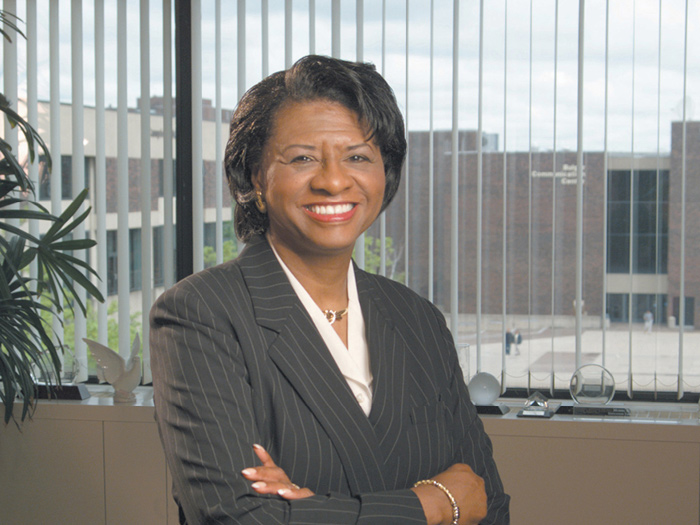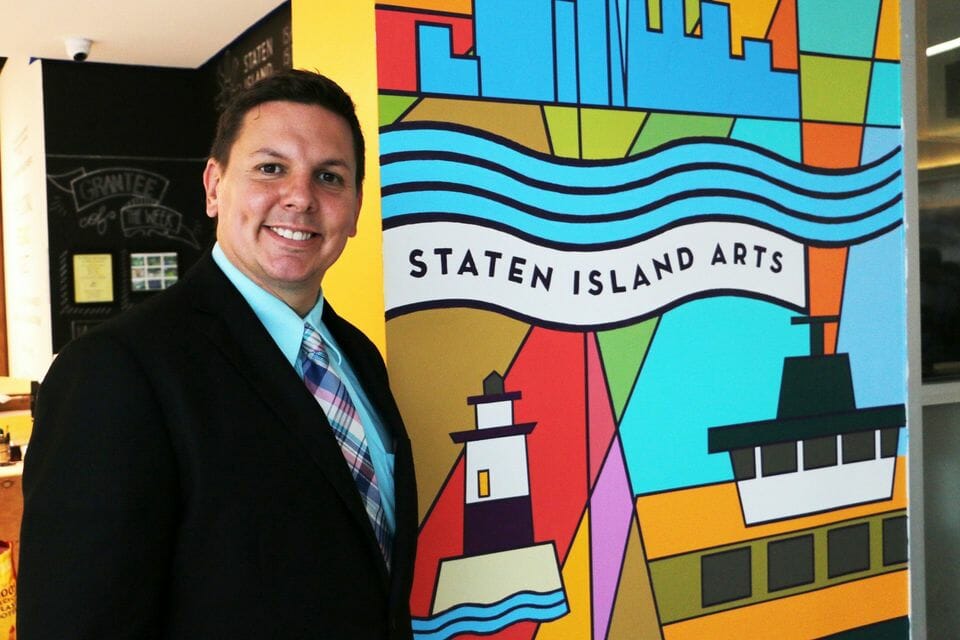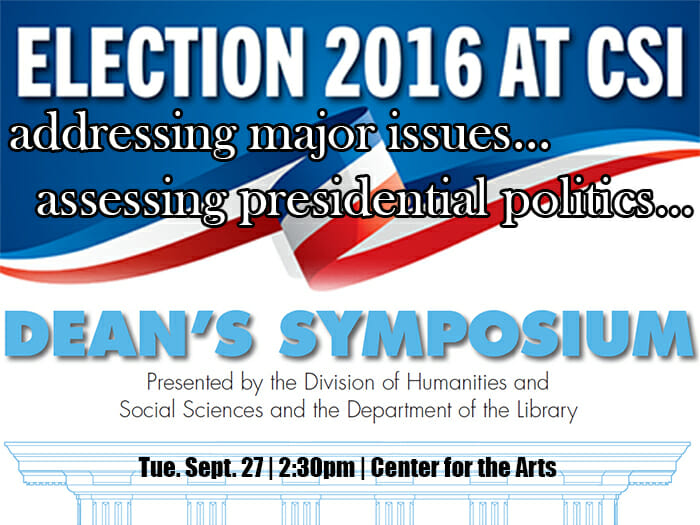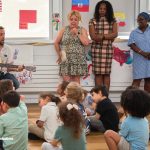After her graduation from Richmond College (a predecessor of CSI) in 1970 with a Bachelor’s in Sociology and a minor in Elementary Education, Dr. Muriel Howard has dedicated her life to public higher education. After a 23-year tenure at University of Buffalo, and her most recent 13-year service to Buffalo State College, eventually becoming the institution’s President, Dr. Howard has been chosen as president of American Association of State Colleges and Universities (AASCU). AASCU is an advocacy and support organization representing over 430 public college and university members in the United States, as well as in Guam, Puerto Rico, and the Virgin Islands. Member institutions pride themselves on access and opportunity, being student-centered, and acting as “stewards of place”—connecting students and faculty with the people in the outer community to advance local education, the economy, and quality of life.
Read the entire article as published in Eye on CSI by viewing the CSI Today virtual magazine.
Discussing her selection to lead AASCU, Dr. Howard remarks, “I was especially thrilled and honored to be selected because I was recommended and selected by my peers. In addition it is a privilege to have an opportunity to help advance national policies that will impact the lives of so many students. This opportunity comes at a very exciting time in my career in that I believe that I had accomplished many of the goals that I had established for Buffalo State College. I was ready to examine new opportunities that would enable me to have a greater impact on higher education and to help a greater number of students….”
Regarding her new role, Dr. Howard says, “We are an association that is focused on student access, affordability, and competiveness in higher education. My role will involve working on public policy issues such as garnering more Pell support for students. I will work closely with our member institutions to seek greater opportunities for first-generation and non-traditional learners as well those students who are from underserved populations and creating professional development and leadership opportunities for institutional leaders—especially college and university presidents and chancellors.
Richmond College Revisited
When asked if her time at Richmond College had an impact on her success, Dr. Howard’s response was “Absolutely. We had a wonderful faculty. They were extremely talented and came from some of the most prestigious universities in the country. Some of them were interested in what we might today call applied research and frequently guided students through academic learning experiences that involved the community. I vividly remember two experiences that I was engaged in and I know that those experiences influenced my life and my work at Buffalo State College. In addition, Professors Francis Botchway and Charles Thomas from the African American Studies Department provided a home away from home for students and spent many out-of-class hours helping myself and other students chart a course of success. So, certainly, my experience at Richmond was extremely meaningful.”
Richmond College also provided a spark that kept Dr. Howard focused on her own education, and eventually, helping others to advance their studies. “Before I completed my degree, I remember Brian Sherman (who was my major adviser in Sociology) saying to me, ‘You should go to graduate school.’ I thought about it and decided to work for a semester on Staten Island at the Urban League, following through on my major in Sociology. Over the summer, I decided to go back to graduate school [at the University of Buffalo] and discovered that Brian had been right. It was the most important thing he ever said to me. I had a great experience at the University of Buffalo and completed my Master’s of Elementary and Remedial Education and a Doctorate in Education, Administration, Organization, and Policy while working full time at the University. Prior to this new position, my entire career in higher education has been in Buffalo.
A Connection to CSI’s Future President
While at the University of Buffalo, Dr. Howard found herself working with Dr. Tomás Morales, who is now CSI’s President. “When he was working for [City College] CUNY,” Dr. Howard recalls, “he was very much involved with the EOP [Educational Opportunity Program] and helping students to gain access to college. Our careers were moving along similarly and we would attend statewide meetings together and try to champion issues that we felt were important to access, retention, and the persistence of students. Tom and I always shared ideas and information about projects or activities that we were involved in at our institutions and we often lobbied together in Albany.
Today, Dr. Howard and Dr. Morales are working together again, advocating for higher education, as they both sit on the AASCU Board.
Making an Impact at Buffalo State
As President of Buffalo State College, Dr. Howard certainly brought positive results. Among her many achievements are the successful overhaul of the institution’s general education program. In addition, she helped to amass over $350 million for new buildings and other capital improvements on campus, including a new arts center, and a new math and science center, residence hall, and technology center, which are currently under construction. Dr. Howard was also instrumental in expanding the school’s honors program from about 60 students to 200, and she succeeded in increasing the number of faculty, noting, “last year I was able to hire 50 new faculty members before the economic decline came along and that was just in one year.”
The Importance of Public Higher Education
Now that she is heading AASCU, Dr. Howard can continue her lifelong work to help others gain access to a college or university education. “I think that public higher education is a basic right that everyone should be afforded and take advantage of at some point in their life. I found it to be a transformational experience and have been afforded many opportunities and benefits as a result of my collegiate experiences. Like me, most college graduates, tend to volunteer more, help others, and are more engaged in their community and society. College graduates also tend to apply their knowledge to support and advance their careers and offer to support other family members who wish to attend college. I believe that a college education is the greatest and most important opportunity available in society. It is a special gift and I am thankful to my family for the support and many sacrifices that they made to support my siblings and me.”


















